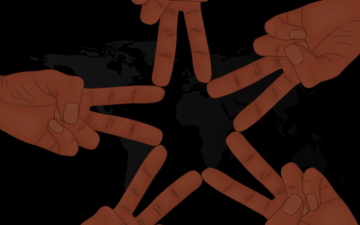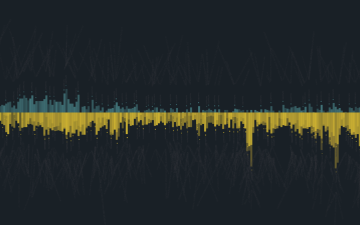Country of Residence
Discipline(s)
GYA Roles
Institution
Max Planck Institute of Geoanthropology
isoTROPIC Research Group/ Department of Archaeology
Kahlaische Str. 10,
07745 Jena,
Germany
Research Interests
Land use; Urbanisation; Tropical Forest Archaeology and Ecology; Isotope Geochemistry; Remote Sensing; Palaeoclimate and Palaeoenvironment Reconstruction; Sustainability; Earth System Archaeology
Topics to speak on:
Tropical Forests; Tropical Forest Conservation; Climate Change: Past and Present; Sustainability; the Human Past; Human Dispersals: Tropical Forest Adaptations
Biography
As Independent W2 Research Group Leader of the isoTROPIC Research Group and Lead Scientist of the Department of Archaeology at the Max Planck Institute of Geoanthropology, I am committed to pioneering and applying multidisciplinary approaches to studying past human interactions with climatic and environmental change as well as the deep roots of the Anthropocene and our species’ influencing of Earth systems. As PI of the ERC-funded PANTROPOCENE project and the isoTROPIC Research Group, Patrick is particularly interested in exploring the degree to which past human land use and landcover change in the tropics led to major shifts in the operation of different Earth systems on local, regional, and global scales, as well as what this means for contemporary conservation and sustainability challenges. I am the author of the academic monograph ‘Tropical; Forests in Prehistory, History Modernity’ published by Oxford University Press and the popular book ‘Jungle: How Tropical Forests Shaped the World and Us’ published by Penguin/Viking Random House.
As part of my research, I apply a variety of different methodologies to the study of human and planetary history, including stable isotope analysis, palaeoecology, dendrochronology, remote sensing, and land use and land cover modelling. I set up and oversees the isotope laboratory, dendrochronology unit, and remote sensing facility at the Max Planck Institute of Geoanthropology. I am also committed to close collaboration with Indigenous and local stakeholder communities and has coordinated repatriation processes and the adaptation of research into policy. I firmly that believe it is important that our understanding of the past is brought to bear on the present and I have taken part in UNESCO symposia that bring together archaeologists and anthropologists, alongside policy makers and interest groups, to discuss potential solutions for the conservation of ecological and cultural heritage in global tropical forest environments.
I am the co-founder of the Pantropica Research Network. In 2021, I was awarded the Heinz Maier Leibniz Prize, the top award for early career investigators in Germany and the first time that it has been awarded to an archaeologist. In 2024, I was awarded the Thüringer Forschungspreis. I am also a National Geographic Explorer.
Awards
Beutenberg Campus Award for Best Young Scientist
PAST Paper Award and PanAfrican Archaeological Association Best Paper Award
Invited Member of the Editorial Board of Quaternary International and the International Quaternary Association
Heinz Maier-Leibnitz Preis
Thüringer Forschungspreis
Activities

